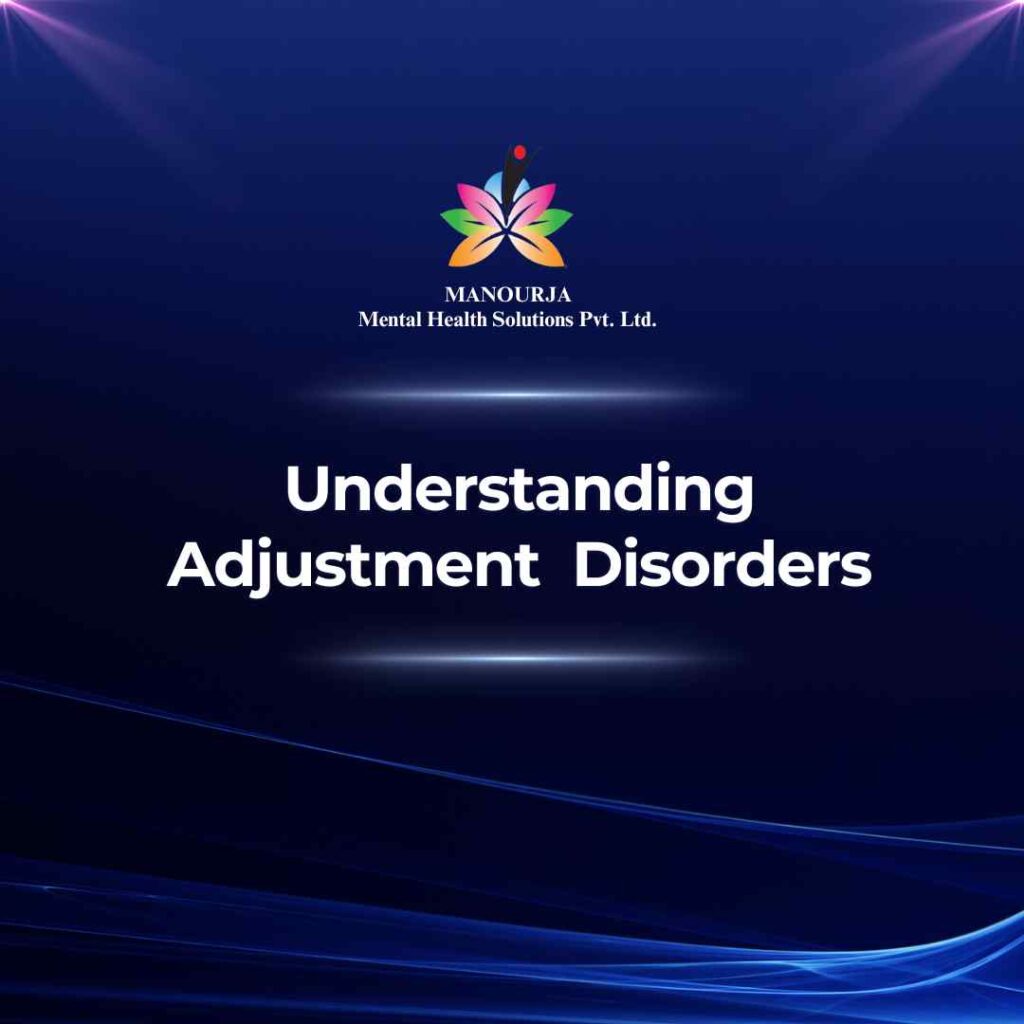Understanding Adjustment Disorders

Adjustment disorder is a mental health condition triggered by a significant life change or stressor. It manifests as an excessive psychological reaction that impairs an individual’s ability to function normally in daily activities. This disorder is typically characterized by heightened emotional distress such as anxiety, sadness, or difficulty coping, which appears disproportionate to the triggering event when viewed externally.
Definition of Adjustment Disorder
Adjustment disorder is diagnosed when an individual exhibits emotional or behavioral symptom that develop in response to an identifiable stressor occurring within three months of the onset of the stressor. The reaction must be more severe than would normally be expected and significant enough to interfere with personal, social, or occupational functioning. The symptoms of an adjustment disorder start to fade once the stressor is removed or the individual adapts to the situation, and the disorder itself does not last longer than 6 months after the stressor or its consequences have ceased.
Differences Between General Adjustment Issues and Adjustment Disorder
- Intensity of Response: While it is normal to experience stress in response to new or changing situations, these reactions typically do not disrupt daily functioning significantly or for an extended period. In contrast, adjustment disorder involves responses that are unusually intense and lead to notable impairments in one’s ability to manage day-to-day activities.
- Duration of Symptoms: General adjustment issues might cause discomfort for a short period, but these feelings generally subside as one becomes accustomed to the new situation. However, adjustment disorder involves a longer-lasting emotional response that continues to affect the individual’s functioning well beyond an initial adjustment period.
- Impact on Functioning: General adjustment issues can often be managed with minimal intervention and do not severely impact life functions. On the other hand, adjustment disorder significantly disrupts areas such as work, school, social relationships, and other important activities, often necessitating professional intervention.
- Need for Clinical Intervention: People dealing with typical adjustment difficulties might benefit from casual support like talking to friends or family, or simply allowing time to adapt. However, adjustment disorder typically requires more formal treatment, such as counseling or psychotherapy, and in some cases, medication to manage symptoms.
By recognizing these differences, professionals can ensure that individuals who experience significant challenges in adjusting to life changes receive the appropriate level of support and treatment to improve their coping mechanisms and overall well-being.
At MANOURJA, we believe in the transformative power of counseling. Our experienced therapists offer a safe and supportive space where you can explore your thoughts, emotions, and challenges. Through personalized counselling sessions, we’ll work together to develop coping strategies, build resilience, and achieve lasting positive change. Discover the path to a healthier, happier you with MANOURJA counselling services.
MANOURJA Rehabilitation Services
At MANOURJA, we’re dedicated to helping you in rebuild your life, after difficult times. Our rehabilitation services focus on understanding what you need to move forward, whether you’re recovering from addiction, trauma, or any psychological – social challenges. We create personalized plans, that are all about helping you, regain your strength and find hope again. With a caring team by your side, you’ll have the support to make real progress and take steps toward a brighter, healthier future.
